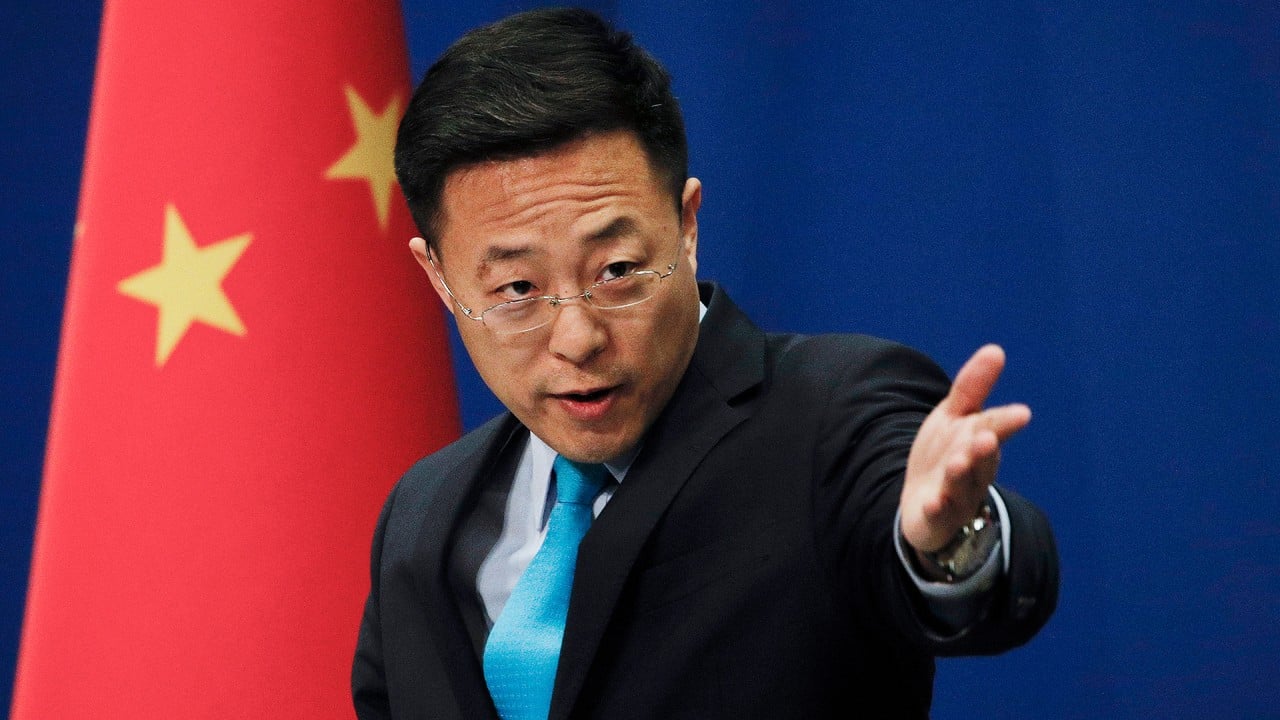
US-China relations: what Biden’s and Xi’s picks for ambassador could mean
- The US could be signalling a return to diplomacy, with the rumoured choice of a diplomat with Nato experience for ambassador to China. However, the likely replacement for Beijing’s man in Washington suggests wolf warrior diplomacy may be here to stay
Ongoing tensions and travel concerns during the pandemic have limited high-level exchanges of government officials, making it all the more imperative to fill the vacant ambassadorships. The individuals picked to represent Biden and Xi in each other’s capital may send strong messages about how each leader expects to engage with the other in the immediate future.
In the 1980s and 1990s, the post of US ambassador to China often went to career diplomats or government officials, including Winston Lord, James Lilley and J. Stapleton Roy. More recently, presidents have picked elected officials from states with strong trade ties to China. Branstad, former governor of Iowa, fitted this mould, as did Gary Locke of Washington and Max Baucus of Montana.

Some have advocated that Biden make a statement by choosing an ambassador from a minority background. This month, Biden announced his nomination of Chantale Wong for US director of the Asian Development Bank, an ambassador-level post. If confirmed, she will be the first LGBTQ person of colour with the rank of ambassador.
Writing for Foreign Policy in January, Bryce C. Barros encouraged Biden to nominate a black ambassador. I would recommend the president go one step further and name a black woman to the post, as it would be a clear representation that the Biden administration not only values diversity but also is not returning to business as usual with China.

Appointing Burns to Beijing could simultaneously demonstrate a return to diplomacy in the relationship while also solidifying Biden’s agenda of confronting the challenges posed by China from a multilateral perspective, considering Burns’ experience with the transatlantic security alliance and Europe.
On the Chinese side, ambassadors are typically chosen from a narrower pool. Throughout my career I met every Chinese ambassador to the US during that period. Chinese envoys to the US were among the most qualified and capable diplomats of the twentieth century. Many had studied in the US, such as Hu Shih, Wellington Koo and Hollington Tong.
Many Chinese diplomats today are graduates of Chinese language schools. Cui comes from such a background, though he also studied at the Johns Hopkins School of Advanced International Studies in Washington.
Why Biden is taking his time with America’s China policy
That the relationship between the US and China deteriorated so dramatically during Cui’s tenure is not his fault, but I believe he could have done more to ease tensions and maintain high-level contact between Washington and Beijing, especially after the pandemic began.
The wolf warriors scattered across the globe may be useful to Xi, but they will not help him establish better ties with the Biden White House.
Considering the state of relations today – the disagreements over trade, human rights and the pandemic – it is not a question of if but when Biden and Xi will have to lean heavily on their chosen ambassadors. Hopefully the leaders will choose ambassadors who can help steady the relationship.
Chi Wang, a former head of the Chinese section of the US Library of Congress, is president of the US-China Policy Foundation


